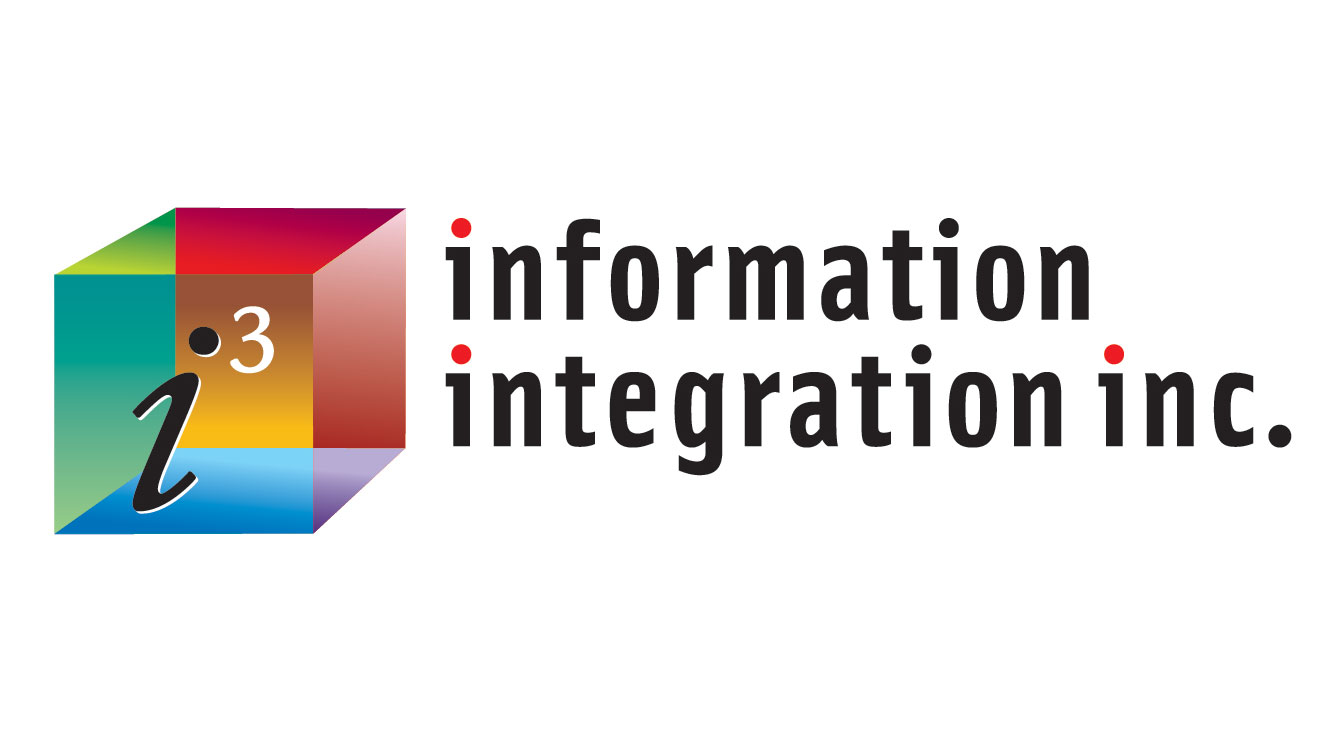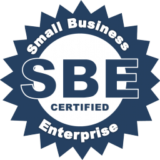Like many, you’re barraged with emails, social media ads, snail mail, and information about webinars all touting the benefits of mindfulness on your workday and productivity. Your days are certainly already packed – between the demands of your job and juggling things you didn’t have to juggle when you were going to the office full time (kids, meals, pets, deliveries).
With all the publicity and promotion, you may also think you know enough about mindfulness, and have either adopted some form of “practice” into your day or decided it’s not for you. Either way, this blog is only about 800 words and you’ve been drawn to reading this first paragraph, so why not breathe and invest a few more (mindful) minutes?
Beginner’s Mind
There’s a term “Shoshin” in Zen Buddhism which means “Beginner’s Mind.” It calls on us to approach every topic, task, meeting, interaction, activity, presentation as if for the first time. To a beginner, there’s much to learn and many possibilities; to an expert, there’s very little to learn and few or limited possibilities. The Shoshin mind supports us in being open, receptive, welcoming, present, and without preconceptions.
So, I invite you to bring your Shoshin mind to reading this brief blog. It may open the door to some new possibilities, or perhaps will inspire you to share some of your mindful moments or practices with us.
Mindfulness Defined
This may seem like too basic a place to start, but this is an immensely popular topic about which millions of pages have been written – most within the past decade – and there’s a lot of preconceptions and possibly limiting beliefs around what mindfulness is and what it’s benefits really are. Limiting beliefs can take the form of “I know enough about mindfulness and have decided it’s not for me” or “I am already mindful” or “It will take up too much time and effort.”
I’ve heard many people say that they understand that mindfulness is about being present, which translated means they fully accept and embrace how they feel (and feel like acting or reacting) in the present moment.
Well, yes and no. Mindfulness IS about “being in the present moment” (not thinking about the past or future) – with that presence helping you to be aware of how you’re feeling and acting or reacting and make choices.
What Does Being “Present” Really Mean and How Does it Benefit Me?
With awareness of how you’re feeling in the present moment, you can start to tune into when you feel impatient, angry, frustrated, confrontational, or judgmental. With awareness, you can start to notice how you act or react when feeling these emotions.
Be Aware of How You React:
- Have you fired off an angry email only to regret it later and wish you could unsend it?
- Has a colleague pushed some buttons that resulted in your showing anger or frustration?
- Have you sized up an interviewee or new colleague and “judged” them to be less than competent because of their appearance?
- Have you looked to blame someone without knowing all the facts?
We all have.
One of the most important goals of mindfulness is to be aware of our reactivity. Between every action and reaction, pause and take a few breaths to give some thought to the situation and how you are feeling, and choose how you want to react so that you don’t repeat habitual and mindless patterns.
Here are a few additional ways to enhance “presence” and, in so doing, be more intentional about your actions and reactions.
Hone Your Listening Skills:
Be aware of all the ways you get distracted – especially now that many of us are participating in Zoom or Teams meetings. The urge to check emails, work on projects, and find myriad other ways to multi-task is irresistible.
Even face-to-face or phone conversations are challenging. It’s not uncommon for us to be thinking about what we want to say, how we want to respond, or what we want to make for dinner – the result being that we’re only hearing snippets of what the person we are talking with is saying. (Do you notice the use of the word “taking WITH?” Many of us use the term “talking TO “instead. That’s very telling, isn’t it?)
Listening, truly listening, is one of the most significant tools of mindfulness that we have, the benefits of which are many.
Here’s a suggestion: The next time you’re in the middle of doing something when someone calls you or stops by your desk (including your kids), let them know that you want to hear what they want to talk with you about and ask if they can give you x amount of time to finish what you’re doing so that you can focus on what they have to say. That action will make that person feel valued instead of unheard or put off.
Set Aside Time to Disconnect:
Schedule 10-15 minutes each day to do nothing — with “nothing” being sitting at your desk and breathing or meditating; going for a walk; doing some stretching, such as chair yoga or modified sun salutations, or throwing a ball around with your dog. (More on meditating and movement in future blogs.)
The ROI will be invaluable. Some of the benefits you may experience will be a calmer more focused mind, enhanced creativity, the solution to a problem you were noodling around, a slower heart rate, a smile on your face.
Contrary to what many people think about this being like “adding” another thing to their calendar, why not try it for yourself and see what happens?
Share Your Mindfulness Experiences
We would enjoy and welcome your thoughts about and experiences with mindfulness in your professional or personal life. Please either Comment on social media or send us a note using the form below in this blog.





